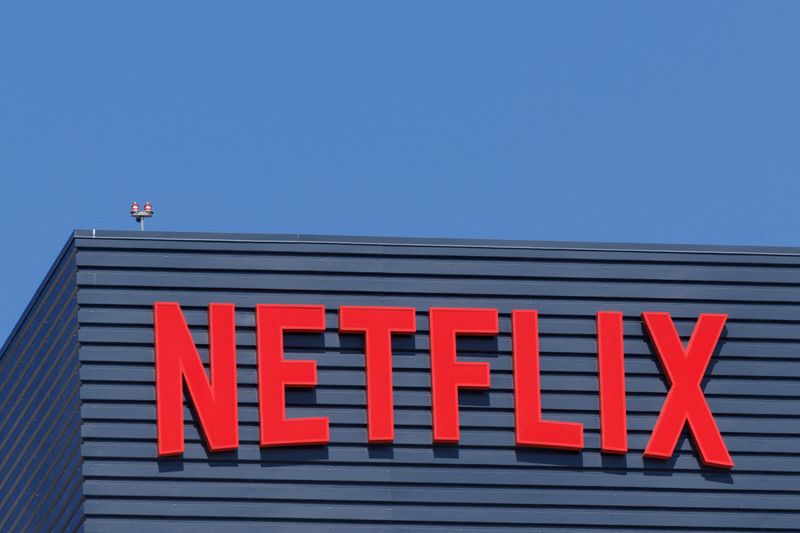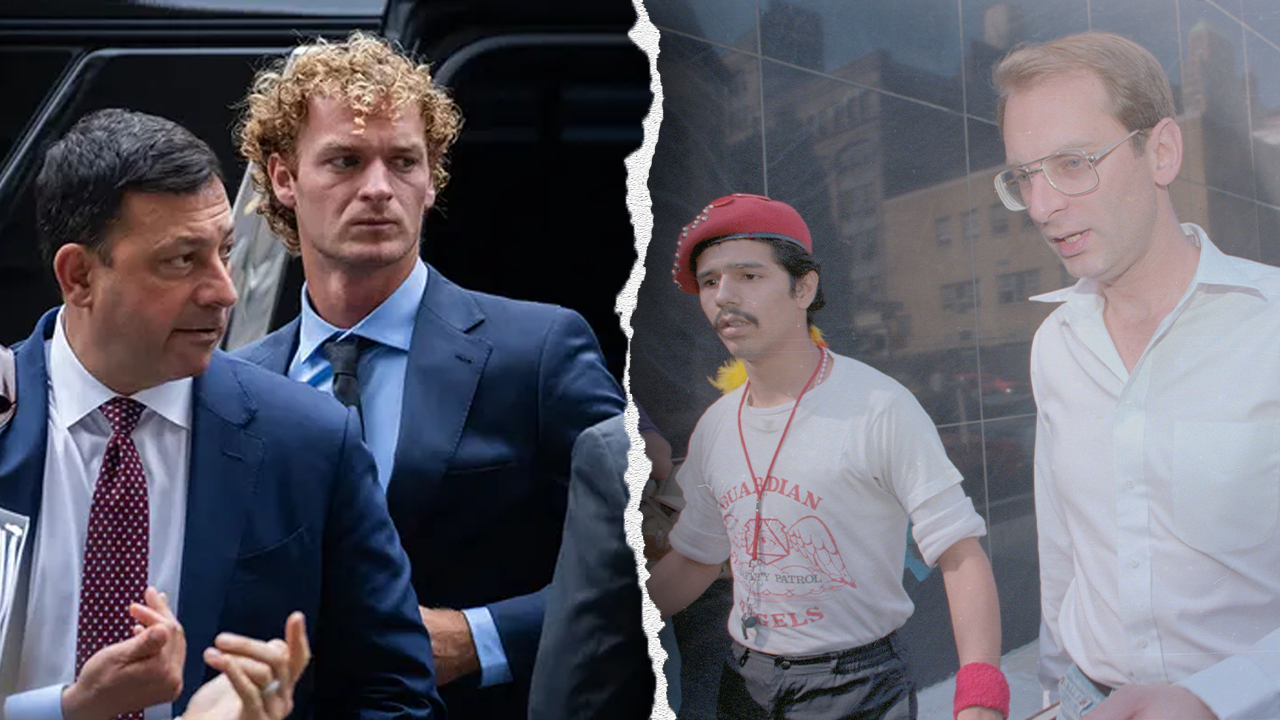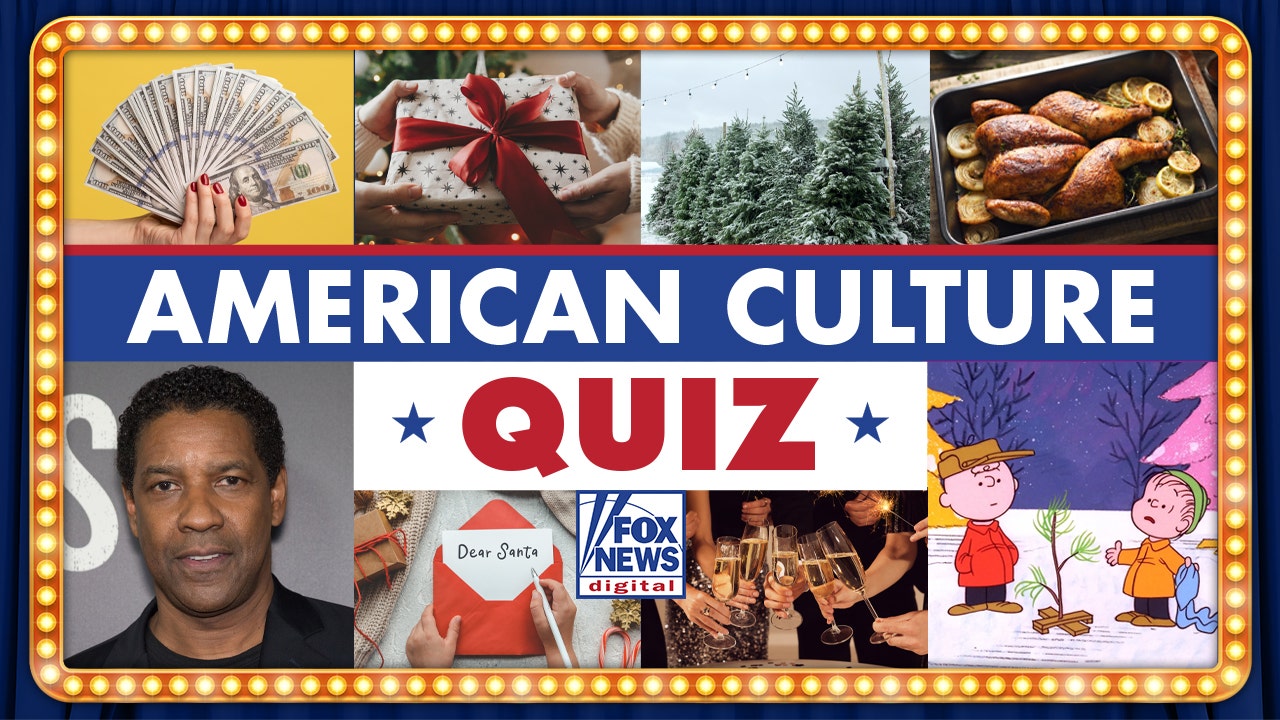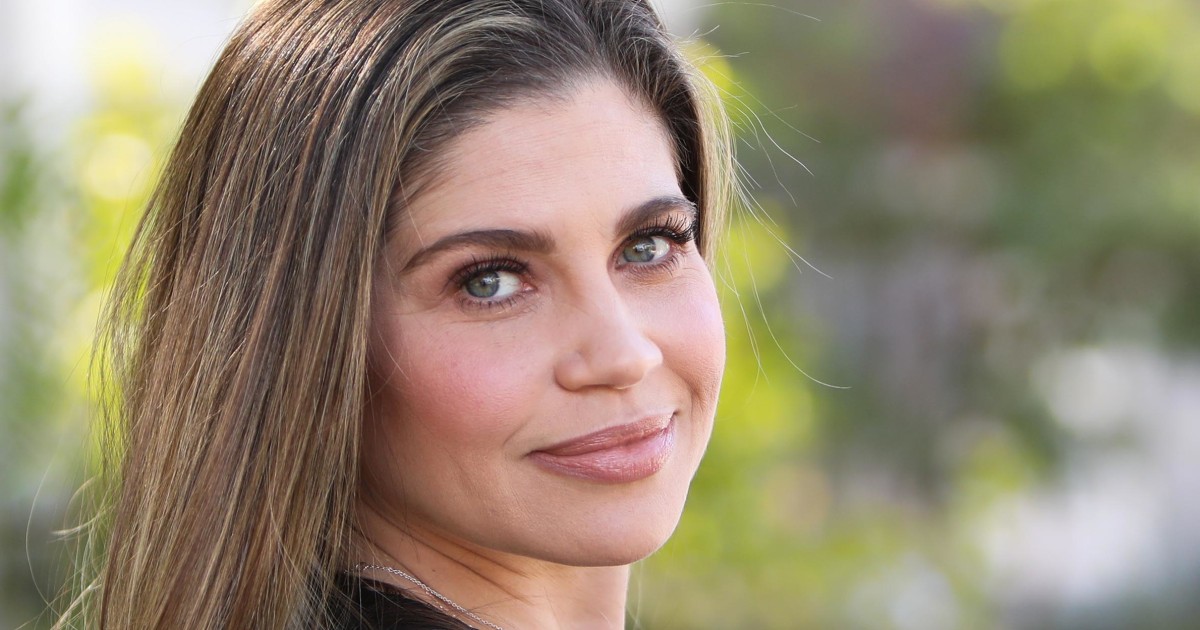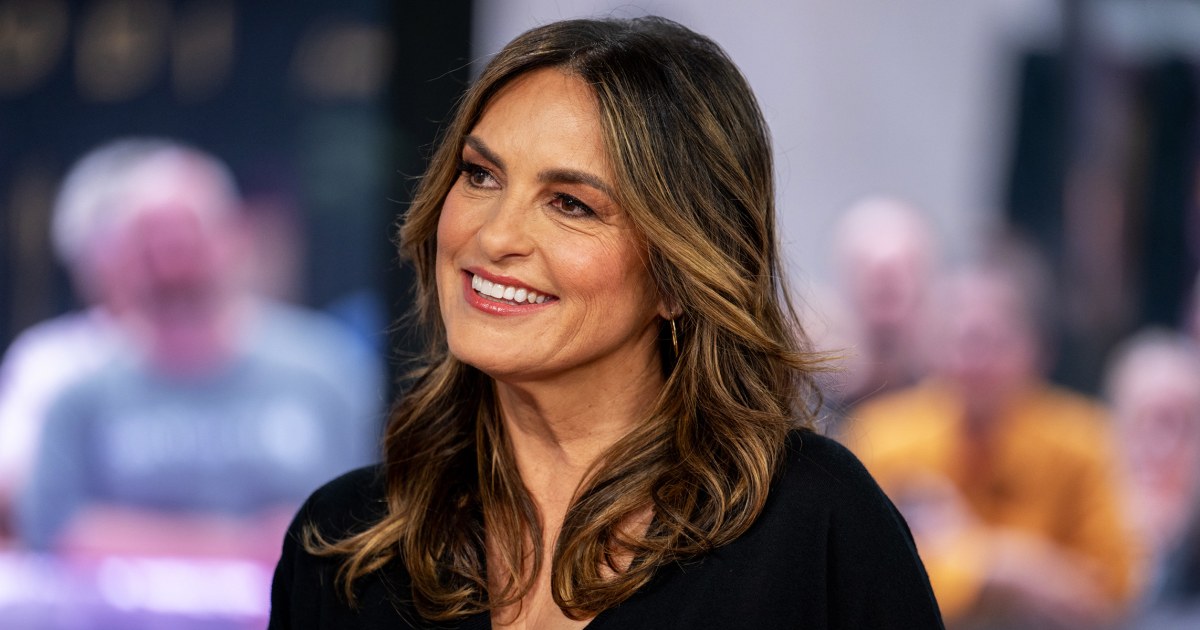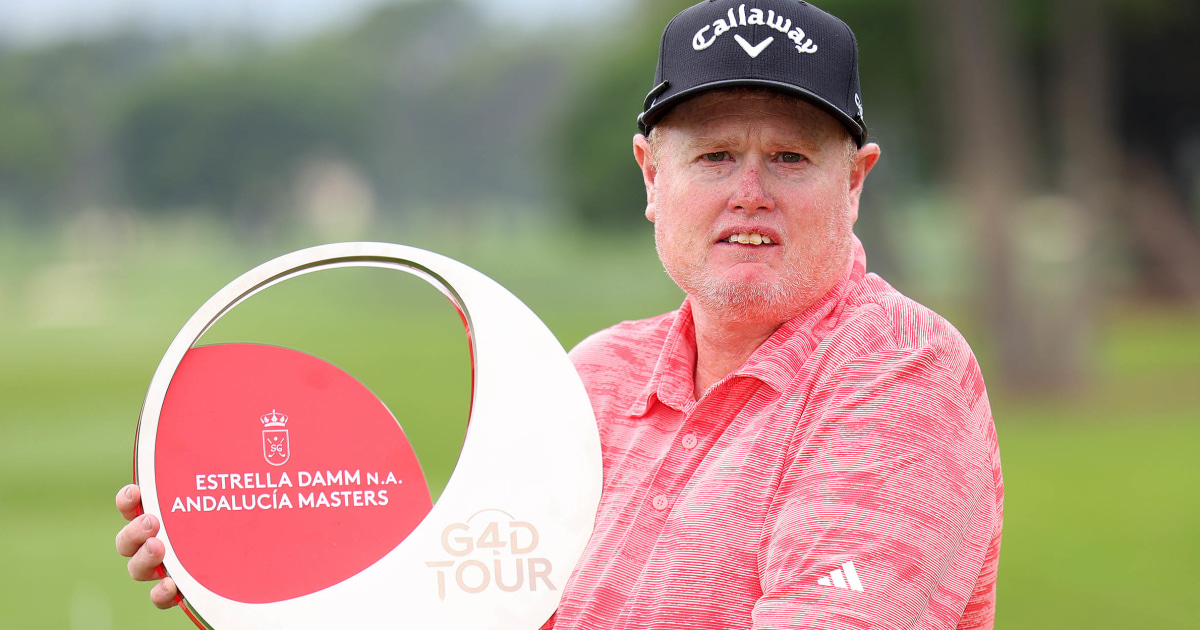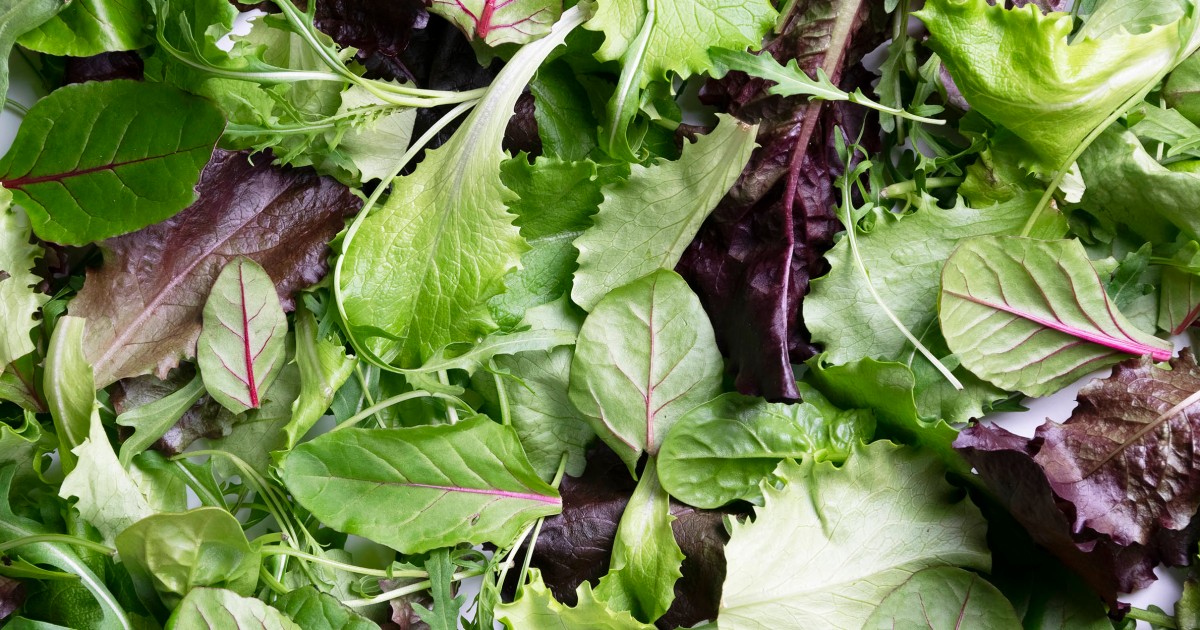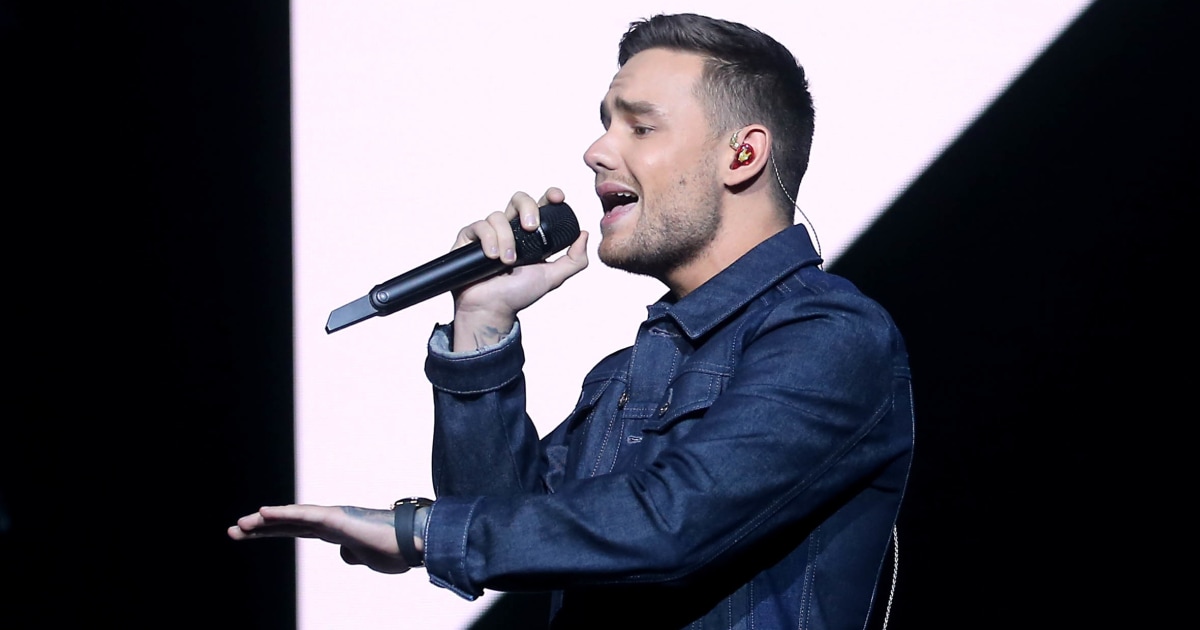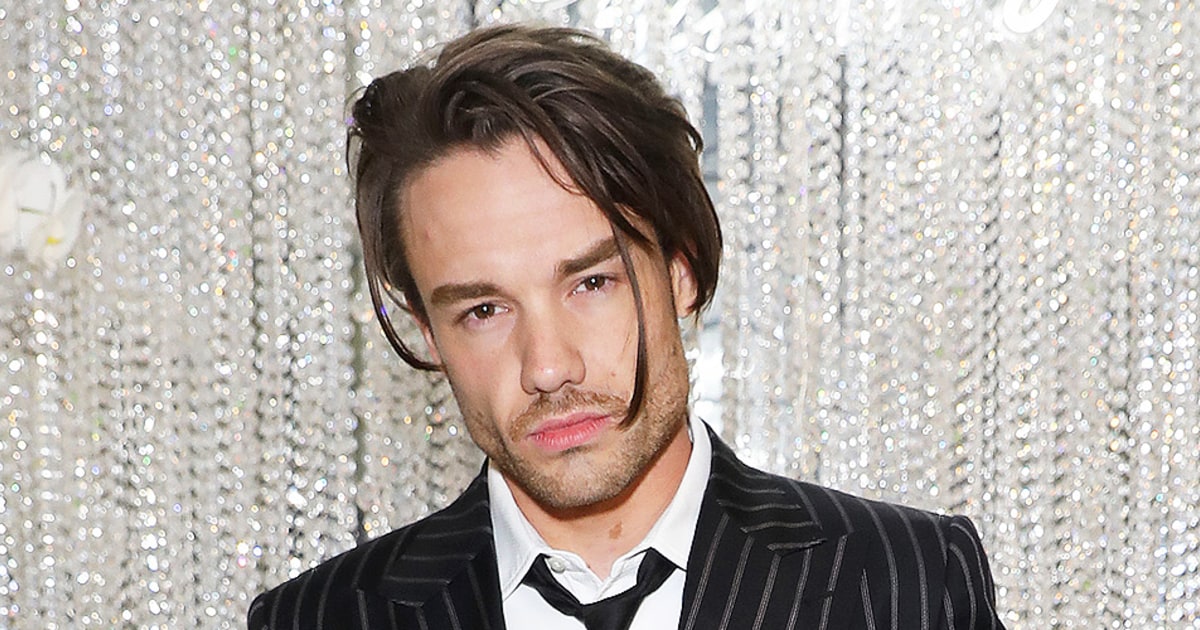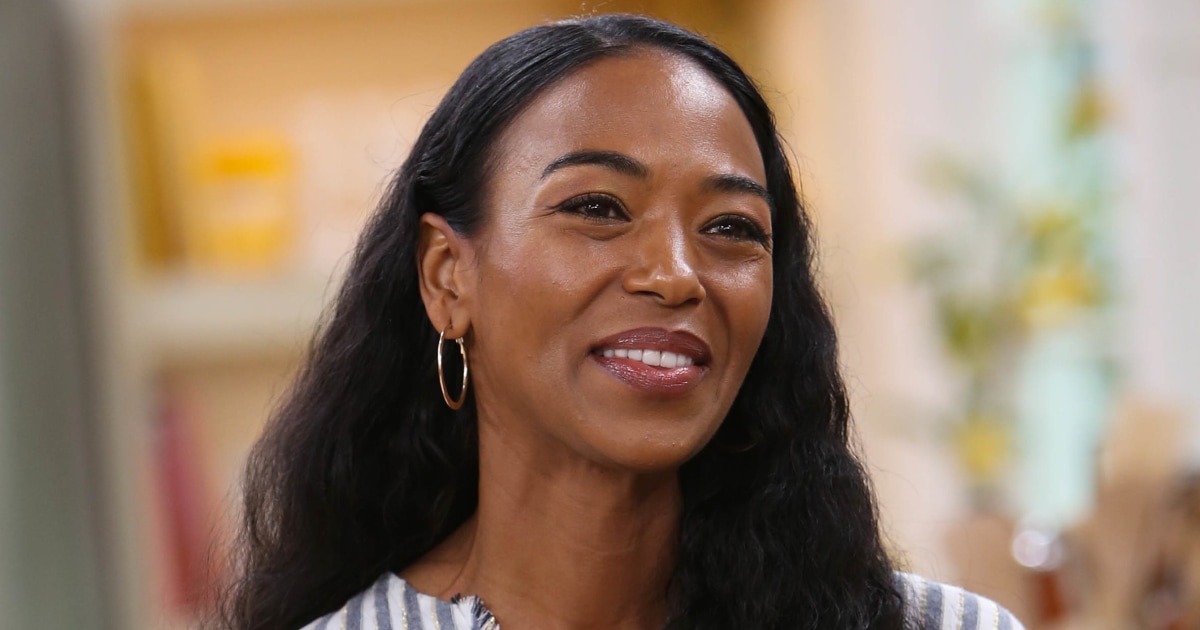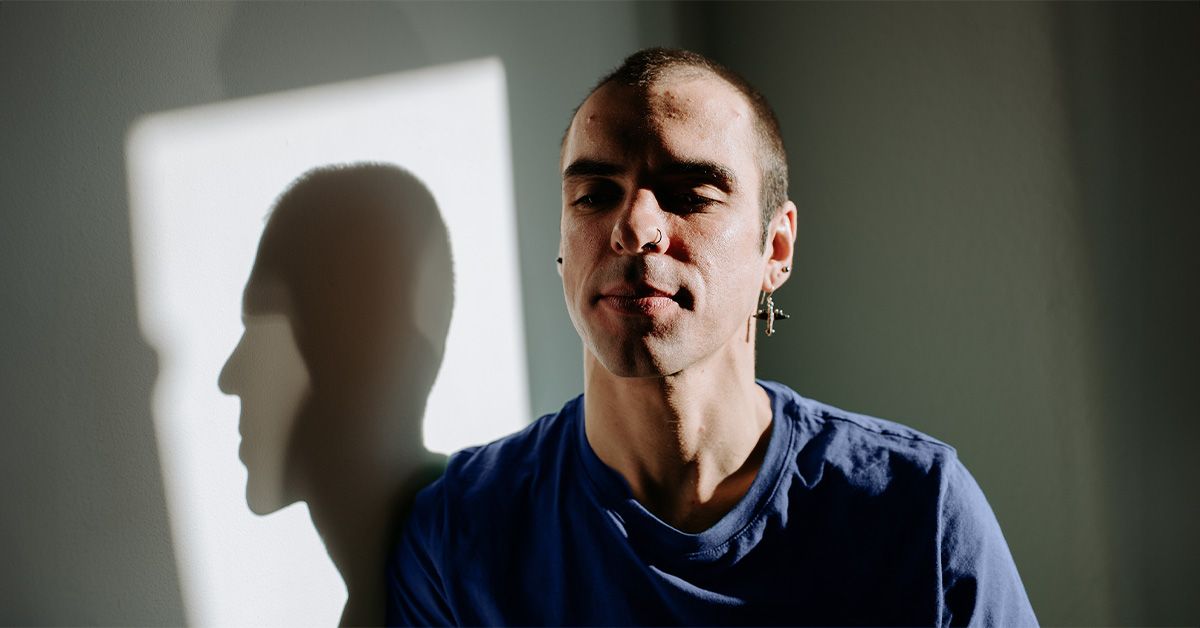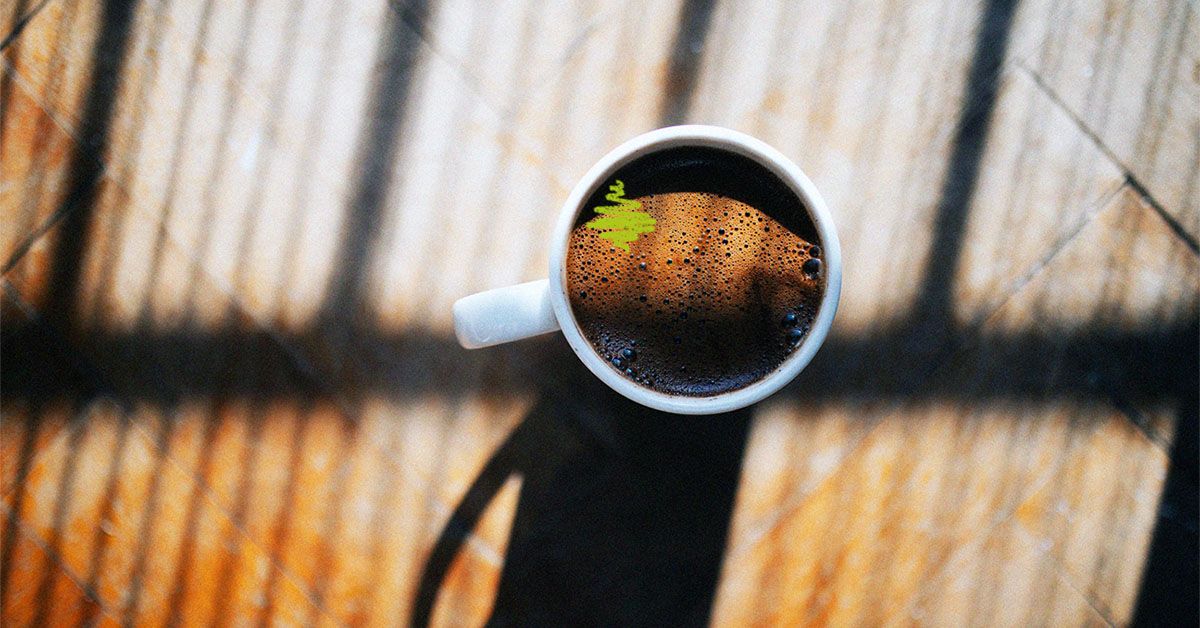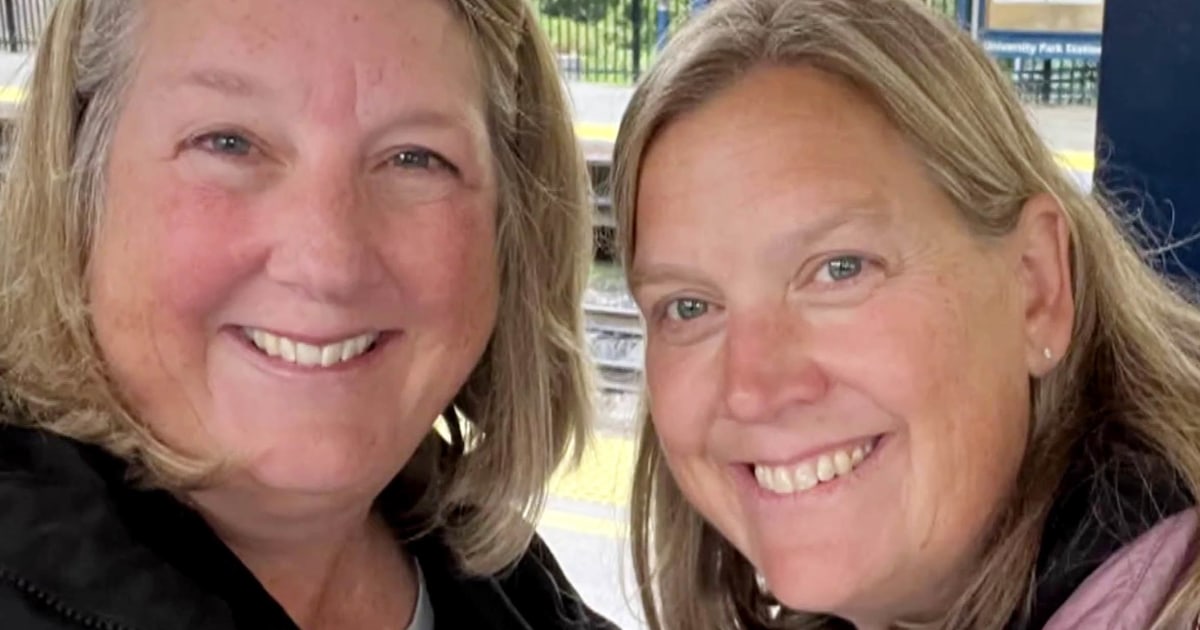As Danielle Fishel recovers from surgery to treat her breast cancer, she’s opening up about the journey thus far and what she expects is on the horizon.
The “Boy Meets World” star revealed her diagnosis on an Aug. 19 episode of her podcast, “Pod Meets World,” where she explained that the cancer was considered stage 0, since she caught it “very, very, very early.”
In an Oct. 15 interview, one of her first since revealing her diagnosis, Fishel tells TODAY.com that she has since undergone two lumpectomy surgeries, which she was told successfully removed the cancer.
“There is no evidence of disease, so the surgery was successful and got the cancer out of my body,” Fishel says. “But they call cancer a journey for a reason. It’s not just walk in and have even one procedure and then you’re done.”
Soon, she’ll be starting a hormone therapy pill and will possibly have to undergo radiation. The actor says she’ll have to be “constantly monitored,” with mammograms every three to six months and the potential of annul MRIs.
“I was so lucky that I found my cancer so early because I went and had my annual mammogram on time,” she says. “I was thinking like, ‘Great. I caught it early. I can be done with this soon.’ But there really is no ‘done with it.’ And so that has been an emotional and mental process.”
The results of Fishel’s mammogram earlier this year indicated that she had calcifications that needed further examination, she says. Doctors then took more advanced imagery of the breast tissue, which came back as abnormal. A biopsy two weeks later confirmed the cancer.
Fishel says she was diagnosed with stage 0 ductal carcinoma in situ (DCIS), found in the milk duct. Her cancer is considered high grade, a more aggressive form. Doctors opted to remove a lymph node during surgery, but they later confirmed the cancer hadn’t spread.
Fishel had no symptoms leading up to her diagnosis in July, and her mammogram last year came back normal. Prior to finding out she had cancer, she would see her doctor every four months for blood work and manual breast exams. “There were no lumps,” Fishel says.
When she was diagnosed, there was only 2 millimeters of cancer, likely too small to be detected manually, Fishel explains.
Since opening up about her health, Fishel has been reminding people to schedule their annual health screenings, in partnership with Aflac. Aflac’s Wellness Matters Survey recently found that 77% of Americans, including 84% of millennials, have put off an important medical appointment.
“When I came forward with my news, friends wrote to me and said, ‘I’ve been putting (my mammogram) off for two years,’ or, ‘I’ve been putting mine off since the pandemic,’ or, ‘My mom’s been putting hers off.’ And multiple friends and friends of friends reached out to me to say, ‘Because of you, I’ve now scheduled my annual mammogram,’” she says.
“I don’t normally think of myself as an influencer, but in my mind, if there’s any sort of best case scenario influence I can have, it would be reminding people that preventative care makes a really big difference in your health outcomes.”
After receiving her diagnosis, Fishel says the hardest person to tell was her husband, Jensen Karp, because both of his parents died from lung cancer.
“He’s only 45, and both of his parents are already gone,” Fishel says. “While we were waiting for the results of my biopsy, he was really very confident it was going to be benign. … So when I got the phone call with the results from the biopsy, my first thought was, ‘How am I going to break this news to him?’”
“I was then a little worried about having to manage his emotions through it when it was my cancer diagnosis. And that’s one of the things that people don’t talk about often.”
Fishel says it was “really hard” to tell her parents, as well, because neither were expecting a cancer diagnosis.
“I looked healthy, I felt healthy. … Last year, I had a mammogram, and everyone knew that mammogram was normal, and so it just wasn’t on anyone in my family’s radar to think that I was going to end up with cancer,” she says.
When it came to her two children, Adler, 5, and Keaton, 3, Fishel says she hasn’t told them about the cancer. Instead, she shared that she was having surgery and would have a “boo boo” afterwards. “And it means … I’m not going to be able to wrestle with you or pick you up or swing you around, and you’re going to have to hug me a little gently,’” she says of the conversation with her kids. “Both my kids were amazing and totally understood.”
After opening up about her diagnosis on the podcast and social media, Fishel has received hundreds of emails from coworkers and fans showing support, along with personal messages from survivors.
“No one wants to hear that they have cancer. But what I will say is, if you are ever in the shoes where you have to hear that news, boy, the cancer community is sure one of the warmest, just most loving, embracing community,” Fishel adds.
Fishel says she’s been able to stay grounded through this experience from her strong support system of family, friends and her kids’ nanny, along with the ability to continue working as a director.
She explains that a main reason she chose to have a lumpectomy as opposed to a double mastectomy is because the initial surgery option allowed for a quicker recovery.
“I got my diagnosis on July 22, and I started meeting with doctors that last week of July, and was like, ‘How can I still be at work on (Aug. 21)? I’ve worked many years to get this opportunity to direct these five episodes of ‘Lopez vs. Lopez’ that start on (Aug. 21). I want to get back to my normal life as quickly as possible. How do I do that?’”
Fishel adds that she didn’t have any genetic markers that would make her a candidate for an immediate double mastectomy, which also played a role in her decision.
She says that staying busy with work, focusing on people outside of herself, like her kids, and encouraging people to get their annual health exams has been “so good for my mindset.”
“Truthfully, being able to stay busy was was the best thing I could have possibly done for myself,” Fishel says. “The support network of people that I had, the amount of people who sent my family food, who sent us care packages, who know how much I like sweets, and sent me cookies, every single one of those helped me stay very grounded and very present and very grateful.”
Read the full article here


